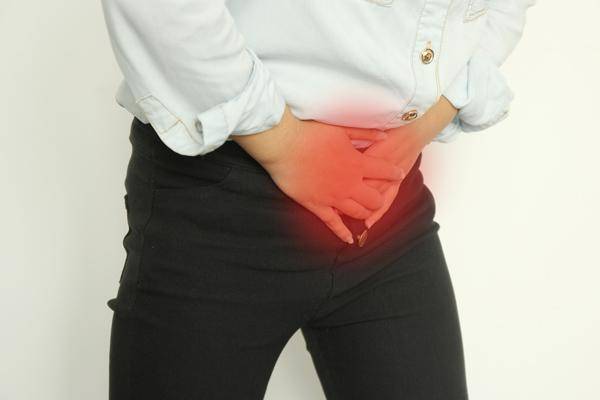After intimate activities between the sexes, occasional discomfort may occur in the body, one of the most common problems being lower abdominal pain. Many people experience varying degrees of pain after intimate activities, which can be worrying and distressing. So, what are the reasons behind feeling lower abdominal pain after intimacy? And how should we deal with it?
1. Causes of Lower Abdominal Pain in Women
1. Gynecological Inflammation
Conditions such as pelvic inflammatory disease, appendicitis, etc., may lead to lower abdominal pain, lower back pain, abnormal vaginal discharge, and other symptoms. Usually worsens after intimate activities because the process of intimacy may stimulate the inflamed area, exacerbating the pain.
2. Ovarian Cyst Torsion
Ovarian cyst torsion is a gynecological emergency. During intimate activities, if the ovarian cyst twists due to a change in position, it can cause abdominal pain.
3. Endometriosis
Endometriosis is a common gynecological disease. During intimate activities, involvement of the affected area can cause lower abdominal pain.
4. Urinary Tract Infections
Conditions such as urethritis, cystitis, etc., may worsen lower abdominal pain symptoms during intimate activities due to stimulation of the inflamed area.
2. Causes of Lower Abdominal Pain in Men
1. Prostatitis
Prostatitis is a common male disease. During intimate activities, stimulation of surrounding tissues and organs can lead to lower abdominal pain and discomfort.
2. Ureteral Calculi
Ureteral calculi may irritate surrounding mucosa and tissues during intimate activities, causing lower abdominal pain and discomfort.
3. Muscle Strains or Sprains
Improper posture or excessive intensity during intimate activities may cause muscle strains or sprains, resulting in symptoms like lower abdominal pain.
4. Cystitis
Cystitis is inflammation of the bladder mucosa, with symptoms such as urgency, frequency, and dysuria. Lack of hygiene during intimate activities or use of poor-quality condoms can introduce germs into the bladder, causing cystitis and subsequent lower abdominal pain.
5. Other Diseases
Apart from the common causes mentioned above, other diseases such as varicocele, hydrocele, etc., can lead to lower abdominal pain after male intimate activities.
3. Treatment Methods
1. Medication
Depending on the cause, the doctor may prescribe antibiotics, anti-inflammatory drugs, painkillers, etc. Follow the doctor’s instructions and do not stop or change the dosage without consulting.
2. Surgical Treatment
Some conditions like ovarian cyst torsion may require surgical intervention. Choose the appropriate surgical method based on medical advice.
3. Physical Therapy
Massage, hot compress, etc., can relieve muscle pain. Proper physical therapy can help alleviate lower abdominal pain symptoms.
4. Adjusting Lifestyle Habits
Adequate sleep and moderate exercise boost immunity. Avoid strenuous or improper postures during intimate activities to prevent muscle strains or sprains. Maintain personal hygiene to prevent urinary tract infections, etc.
5. Dietary Adjustment
Consuming fiber-rich foods helps improve gastrointestinal problems. Avoid spicy foods and beverages to maintain bowel regularity.
6. Psychological Support
Illness-related lower abdominal pain can cause anxiety and stress. Family and friends can provide psychological support to help patients cope with emotional stress.
7. Timely Medical Consultation
If lower abdominal pain worsens or other abnormal symptoms occur (fever, bleeding, etc.), seek medical attention promptly for examination and treatment. Do not delay seeking medical help to prevent complications.
In addition, regular gynecological and urological check-ups at hospitals are crucial for preventing lower abdominal pain after intimacy. Maintaining physical and mental health, enjoying a fulfilling intimate life, is the right and responsibility of every individual. Let’s start giving importance to it from today, regardless of gender!


